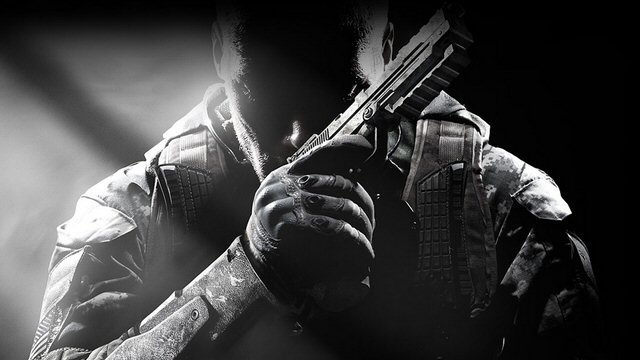
I finally got around to giving Spec Ops: The Line a play a few weeks ago. A third-person military shooter, Spec Ops was met with mostly positive reviews from critics when it launched a couple years ago, but wasn’t particularly embraced by players. Despite garnering average scores, I still found myself interested in playing the game because the development team was very outspoken about their vision for it. Spec Ops wasn’t supposed to be just a mindless run and gun war game like so many other titles on the market. Instead, players were intended to spend time contemplating the consequences of their actions during the course of the campaign. Guilt was a particularly recurring theme of Spec Ops, making players question whether the life or death choices they made were worth the cost.
Playing through the campaign, I have to admit that Spec Ops fell short of its lofty aspirations, for me. It’s not that Spec Ops is a bad game, but it’s a perfect example of how difficult it can be to balance between gameplay and narrative in a video game. I spent a good amount of time taking down waves of soldiers, firing off headshots and the usual volley of explosives, flash bangs, and assault rifle rounds that have become second-nature to players of games like Call of Duty. Not once during the course of all that shooting and action did I feel any of the regret or remorse I was supposed to because, well, it was fun. If Spec Ops wanted me to think about my actions outside of cinema scenes and snippets of dialogue, I was too busy basking in my one man military antics to be bothered.
Interestingly, therein lies the paradoxical nature of video games that try to be more than pure entertainment. If a game is going to draw in and sustain players’ interests, there has to be a sense of enjoyment derived from the gameplay. Yet, if the gameplay is fun, it’s hard to make a player feel regretful about their actions if what they’re doing is intentionally gratifying. It’s a catch-22, or to be clearer, a situation where the developer is damned if they do, damned if they don’t. While it’s a pitfall that any genre is susceptible to, the problem seems to manifest itself more often with shooters. Generally, shooters, whether first or third-person, live or die by how satisfying the gunplay is. A game like Spec Ops, which firmly resided in the mold of a typical third-person shooter, could never imbue the sense of guilt it was aiming for when its mechanics were so empowering and enjoyable.

That’s not to say no shooter has ever been able to mine some depth from its gameplay. Modern Warfare 2‘s No Russian mission, while controversial, was still a powerful moment where its gameplay went from being fun to mortifying. The player shot and reloaded just like in every other mission, but mowing down an innocent crowd had a distinctly vulgar feel. Developer Infinity Ward was able to get into players’ heads and make them question their actions at that point in the story, something Spec Ops just couldn’t quite pull off. Of course, that raises the question of whether or not an entire shooter based around committing atrocities could ever be something anyone would play! Admittedly, Spec Ops and MW2 are unique in that their messages are intrinsically tied into the gameplay itself, but it’s a challenge other games face, too.
Series like Uncharted, which straddle the line between video game and interactive movie, have their own unique set of difficulties when it comes to narrative and gameplay. Uncharted 3, while an excellent game, continued to struggle with presenting a gripping plot while keeping Drake’s exploits believable. I would find myself getting ripped right out of the rhythm of the story when suddenly I was thrust into a seemingly-endless wave of enemies for Drake to annihilate. All the effort that the developers poured into crafting this incredible story to interact with, bludgeoned by overly indulgent shootouts and strangulations. When my mind drifts to bringing gunplay down to a minimum in the Uncharted titles, however, I can’t help but think that those sections of action are what differentiate a video game from a movie. What I can’t reconcile is if I or anyone else needs that separation anymore when it only seems to detract from the experience.
Nintendo’s games are interesting in that they often veer to the opposite end of the spectrum, featuring a minimum amount of story and large helpings of gameplay. The Legend of Zelda series is perhaps the single most narrative-focused of all Nintendo’s franchises, but even its gameplay trumps the story, generally. No matter what the game or who the developer might be, it’s tricky to find the right balance when every title is unique. Moving forward, with console technology vastly outstripping previous generations, developers continue to open new doors that were previously shut to them. The struggle to mete out story and gameplay proportionately isn’t going to get any easier, but half the fun is seeing and playing the results!




 ShareThis
ShareThis







To me, Fire Emblem Genealogy of the Holy War is a great example of a balance between story and gameplay. The large scale battles complement the story of armies clashing and political intrigue. You have a desire to finish the 2nd generation to get revenge on the man who…
SPOILER!
…killed your father.